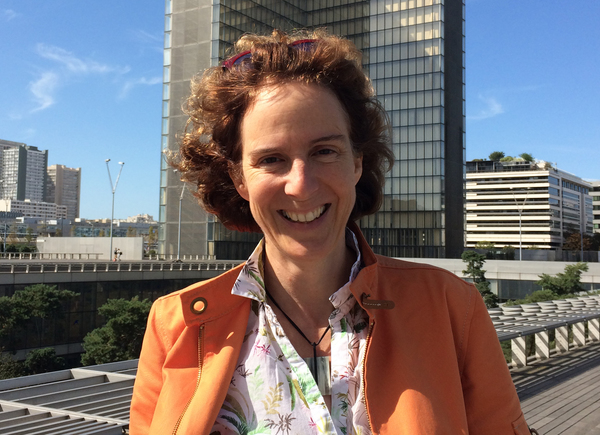READING & SITE VISITS & EXPLORATION
Subject of the course is the interdependence of design with locality, materiality and social relations. We will focus on Trier as an example to examine the interdependence of the history and future of design which takes place IRL.
Why ceramics, why art deco, which is the next bottle for Riesling, where do we see Ungers, who rebuilt the famous castles, what is so special about Gothic type in Germany?
One typical way to understand locality and difference in design is to look into history and culture. We will take as well into consideration: built environment, natural and human geography, natural and human resources, industry and mobility.
We will study and learn by a combination of class-room meetings and field trips.
The course is taught in English. Everyone, also students from Trier, is welcome who wants to gain an intercultural and international perspective on the wider region.
Meetings will be held Wednesdays, Fridays and Saturdays according to topics and locations.
